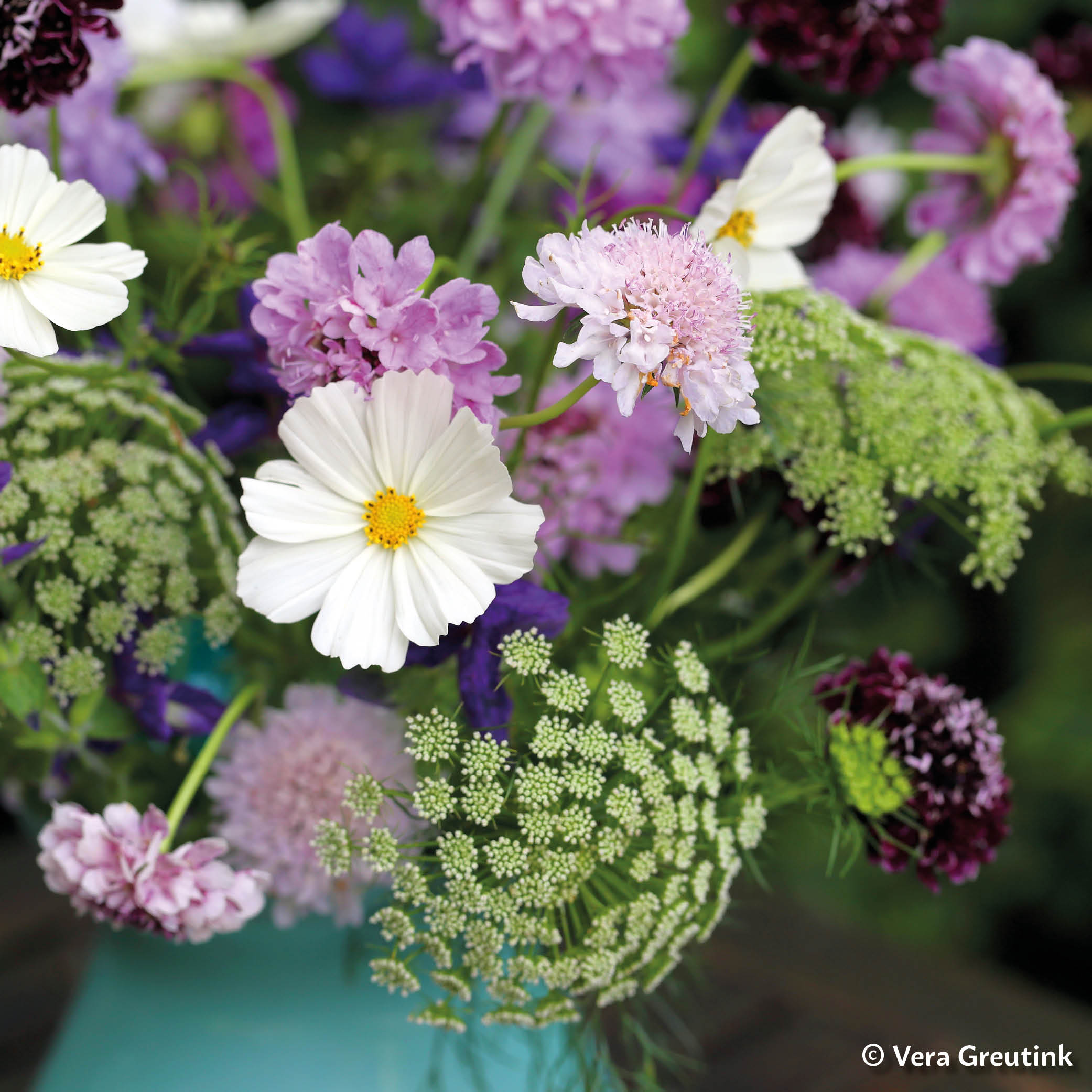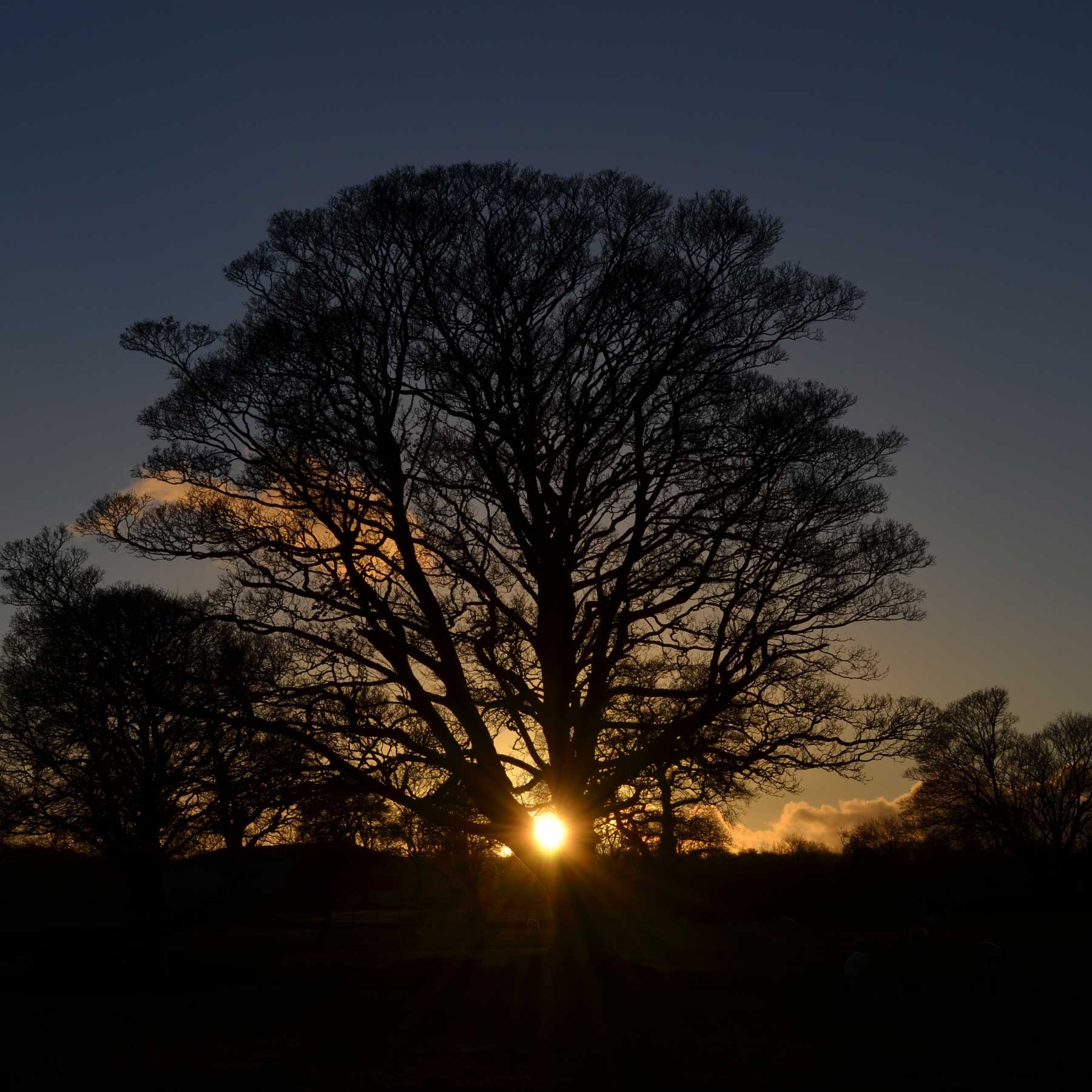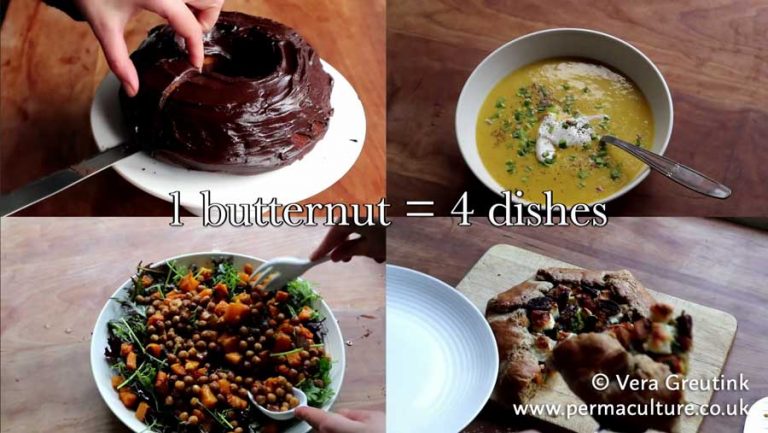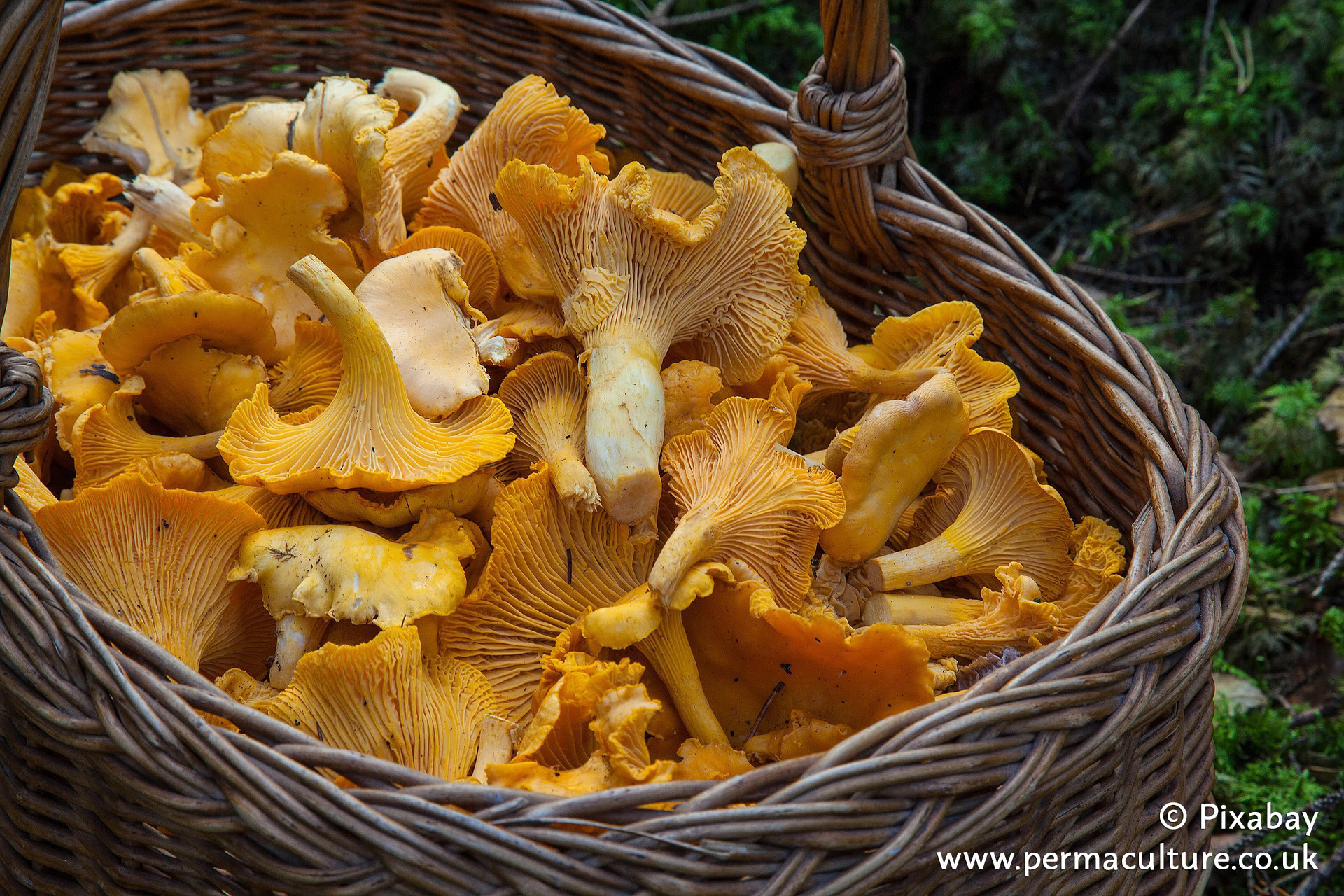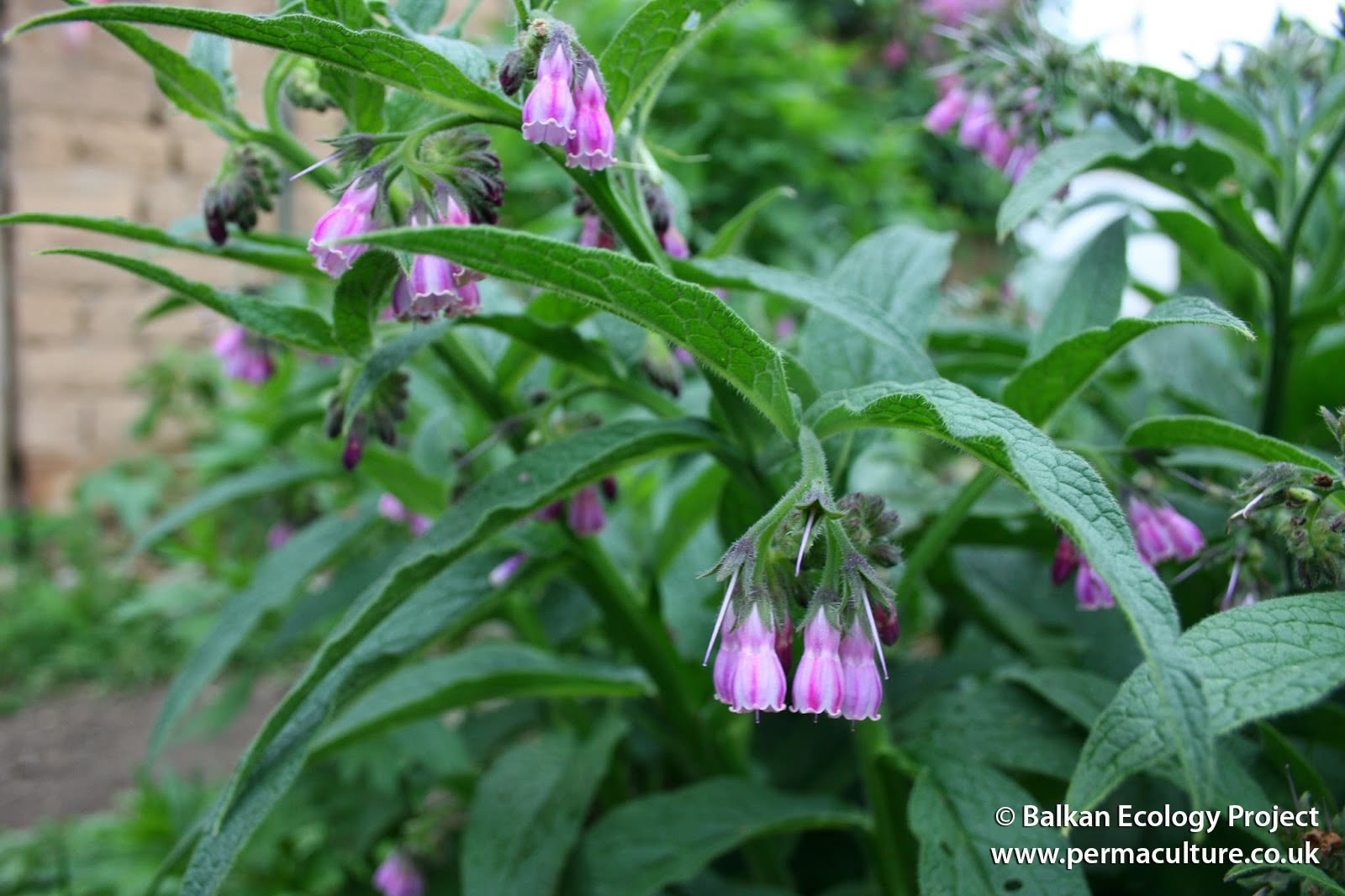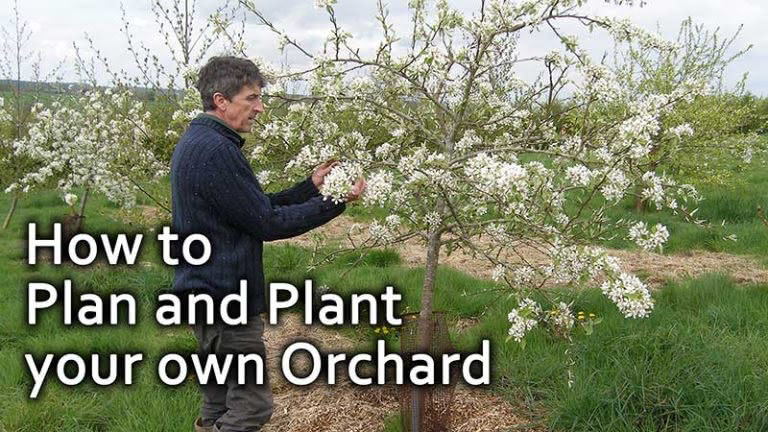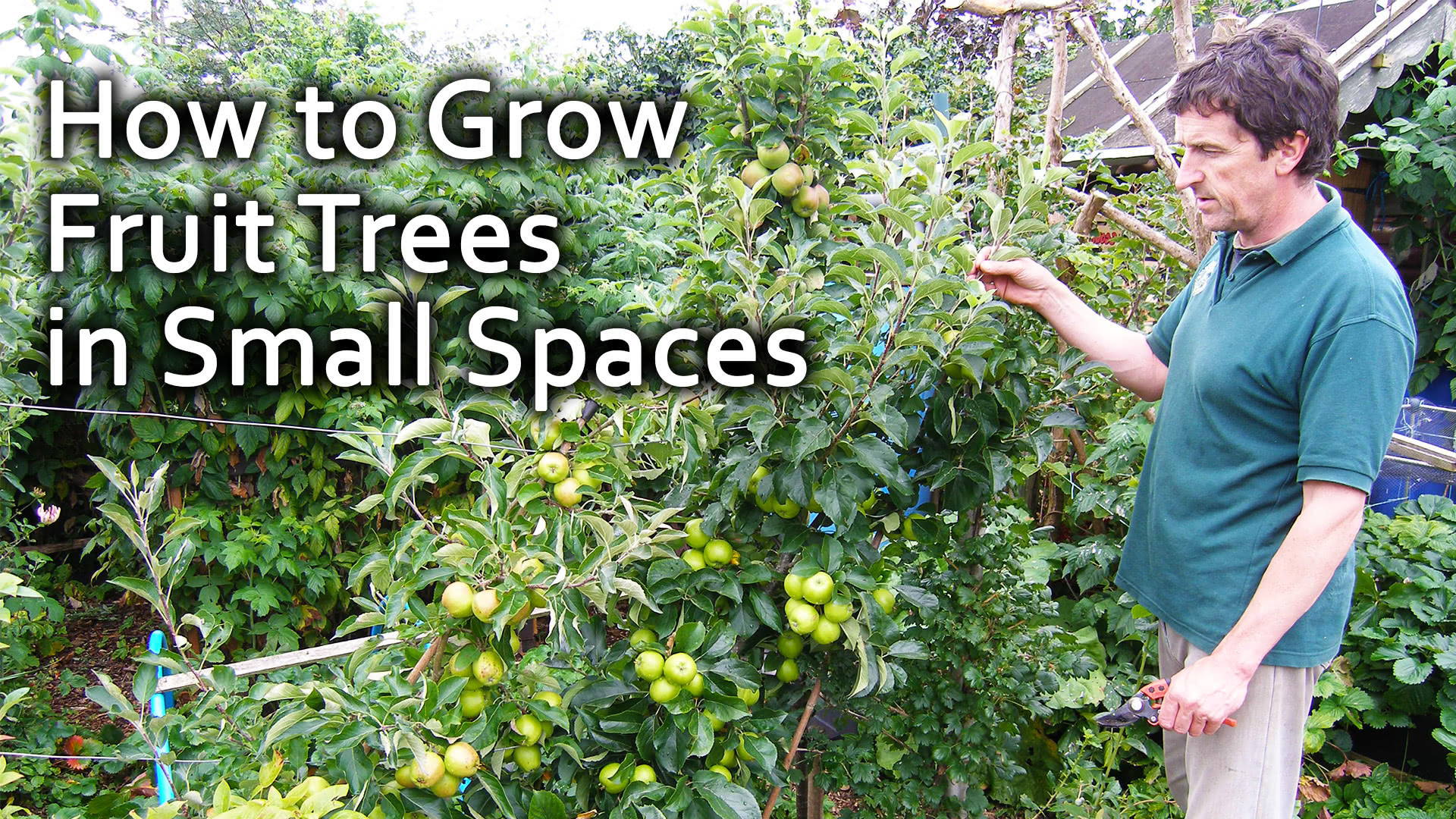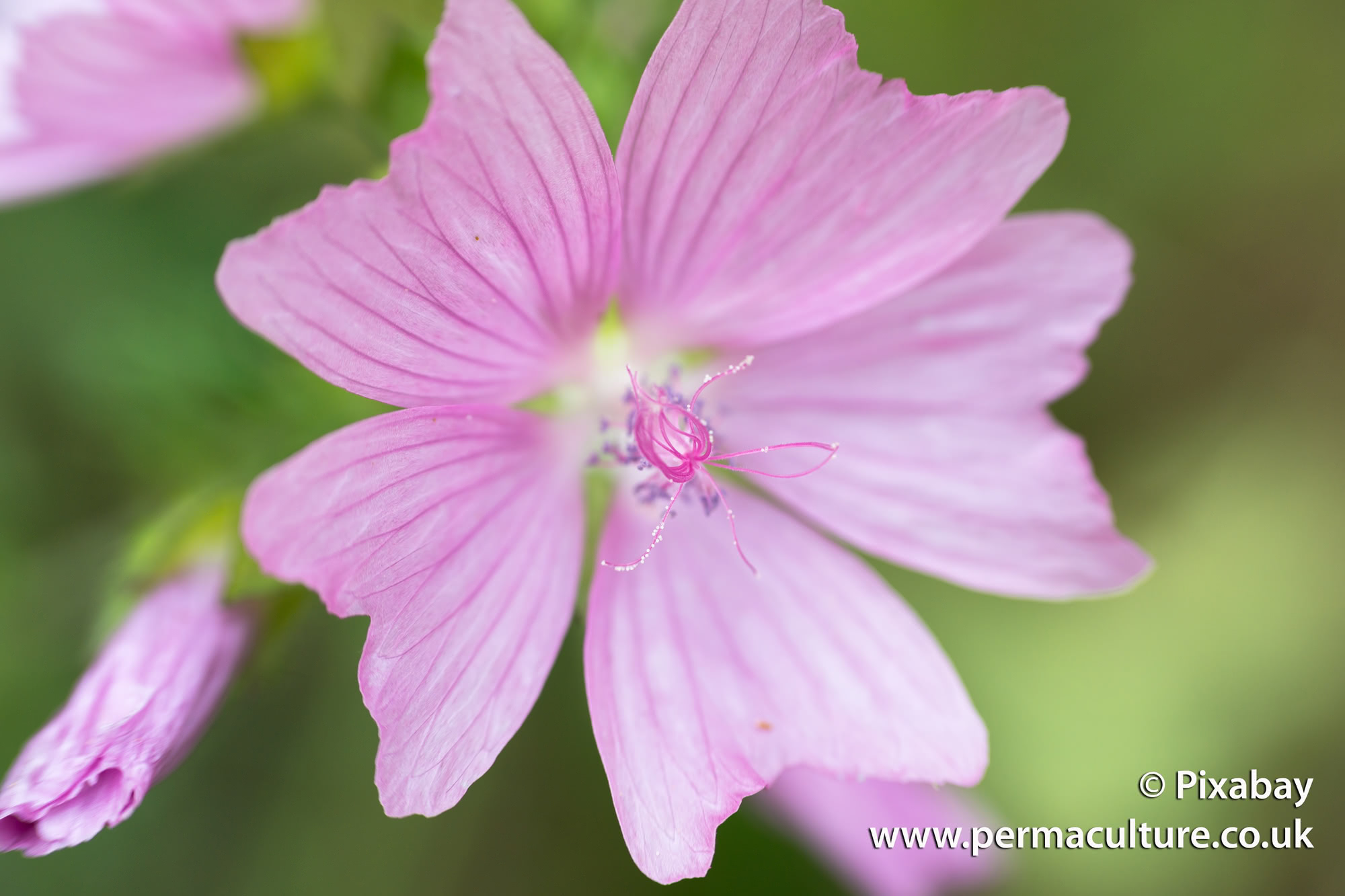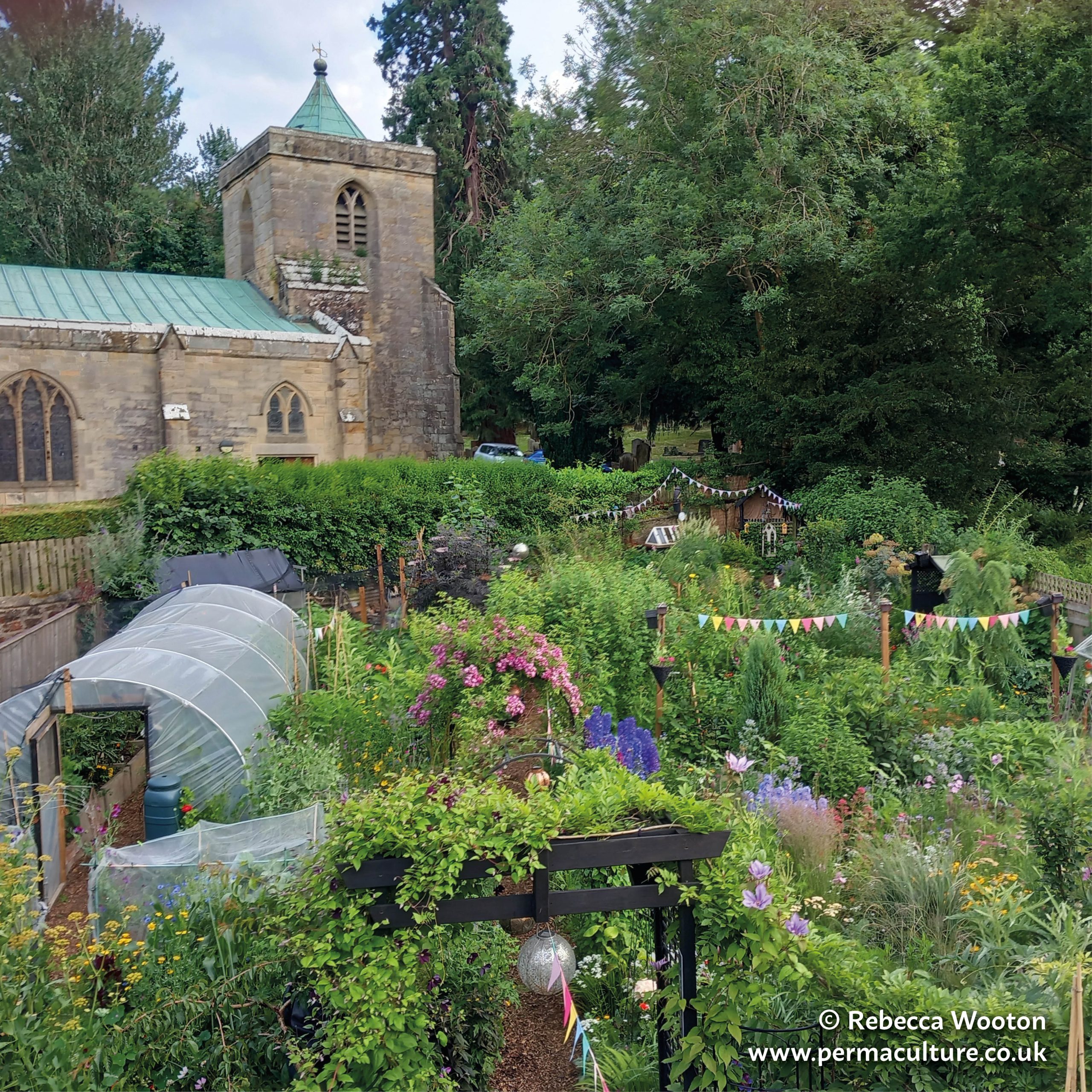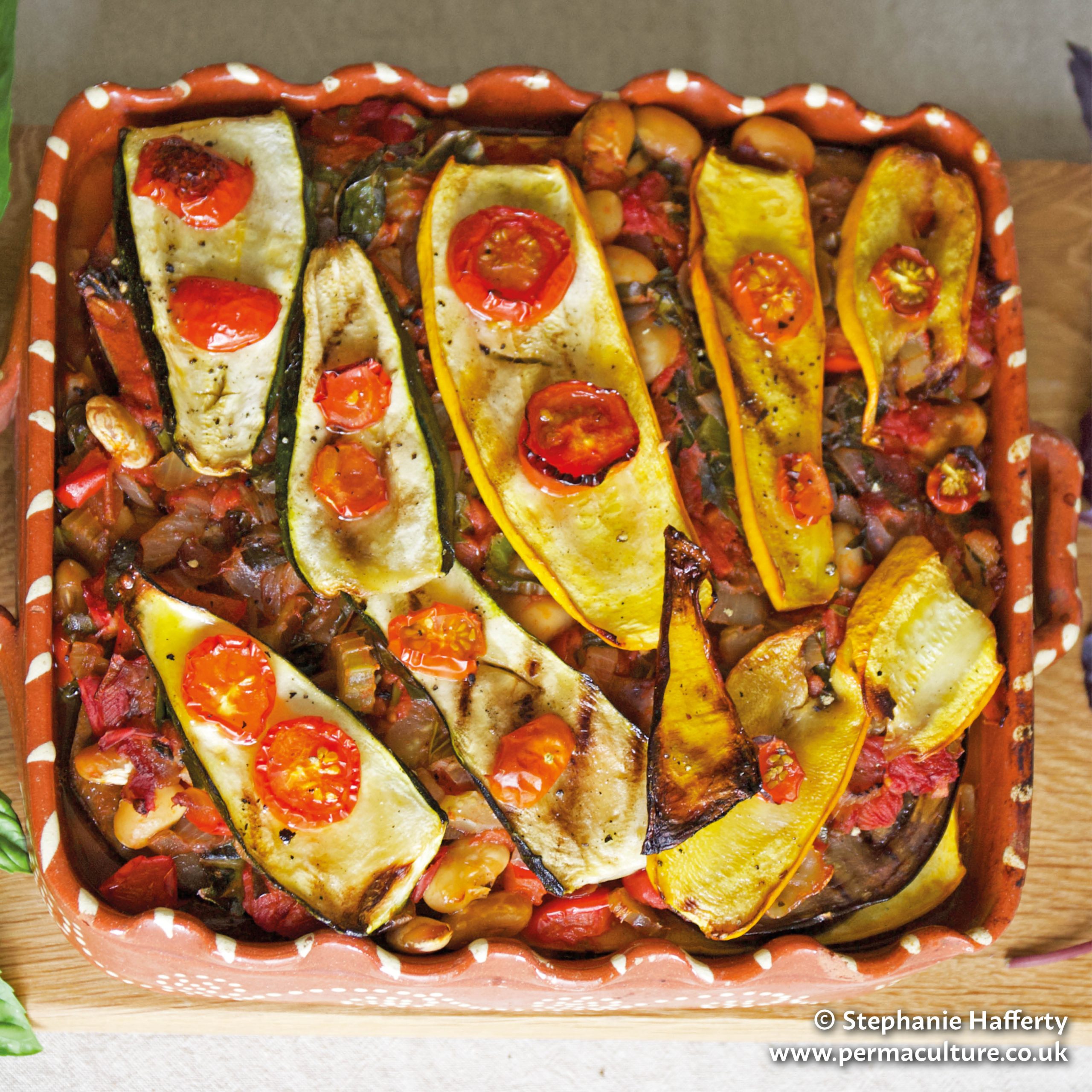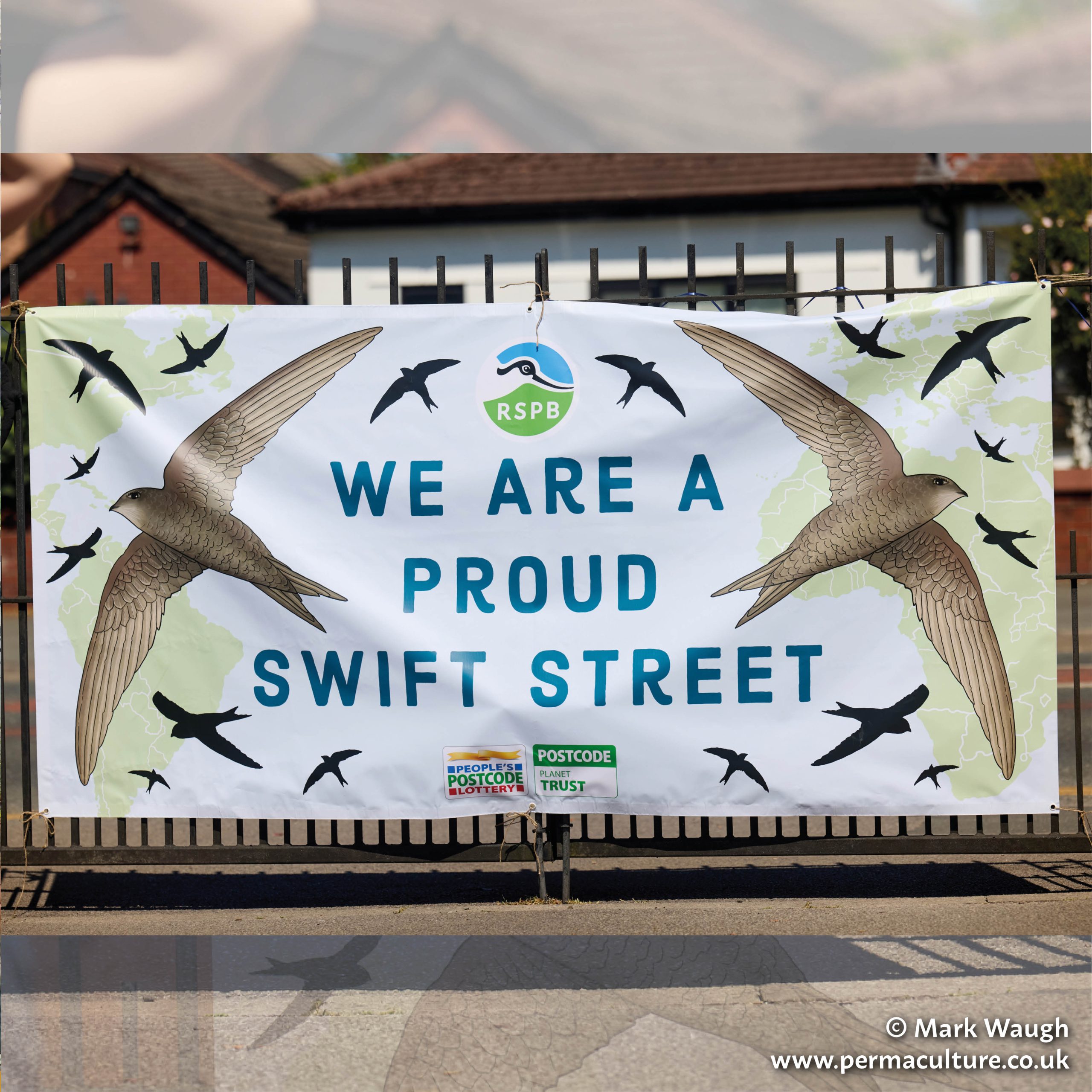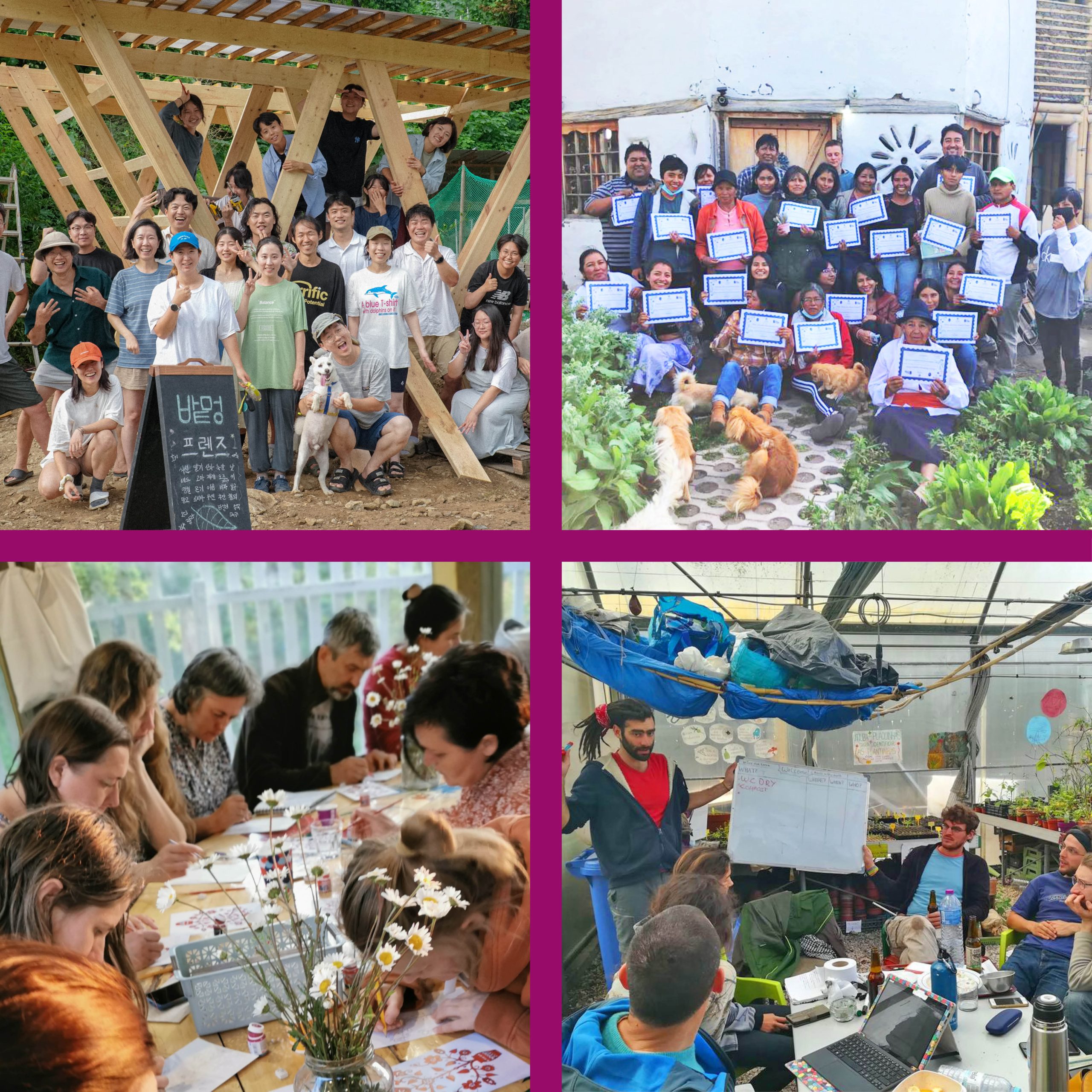Empowering Youth through Permaculture is a grassroots project led by a non-profit organization in the Volta Region of Ghana, Africa, to teach youth how to become self-sufficient in producing their own food and caring for the land.
Ghana has a history of government corruption, plagued by food shortages and destruction of land. Road development and gravel mining degraded the land leaving behind rubble and parcels of rocky terrain. Along with deforestation, cattle over-grazing, bush fires, and soil erosion from heavy downpours, the history of Ghana regenerated resiliency and determination for grassroots and rural initiatives.
In Adzokoe-Peki, a village of 3000 people, lay a tropical climate with diverse trees and plants, raining nearly every day for six months. The community depends on the rainy season to grow their gardens and crops. With limited means to collect, store and filter water, they rely on buying water stifling their financial resources. The villagers live about an hour from the city of Ho. Because Ghana is experiencing high inflation, transportation and supply costs drain their meager income.
In addition to the many challenges the area faces, the youth in the community are fleeing to the cities for work and better opportunities for economic gain.
From downpours to droughts, to a turbulent economy and deep-rooted government corruption, through it all stands permaculture leader and teacher, Innocent Kelvin Coffie.
As EarthCare Permaculture Ghana founder, I strive to inspire and empower youth through ethics, skills, and regenerative practices to not only grow permaculture, but help them develop regenerative life-enhancing skills. As an educator, leader, and coach-in-training, I teach students permaculture methods to regenerate their gardens at home and in their schools. We have served over 600 students and set up gardens at four different schools. Our foundation’s goal is to enhance the reach to our current training program to increase knowledge of permaculture with an emphasis on the youth. We are the only registered permaculture foundation in the entire Volta region.
EarthCare Permaculture Ghana Foundation was established in 2018 on two acres of donated land from my grandparents. They too were on the mission to regenerate a way of life for the villagers. This project relies on the materials that can be gleaned from our environment to build fences to keep animals out of our garden, to fabricate bricks from mud for building, and to sow seeds. Even with limited supplies, our foundation continues to do what we can. We serve approximately 300 people annually and supply Adzokoe-Peki with about 40% of their food.
In 2021 the EarthCare Training Center was hit by a devastating fire, burning it to the ground. Our small community’s resilience and determination was set back but not deterred. The Foundation follows the Ubuntu philosophy “I am because we are.”
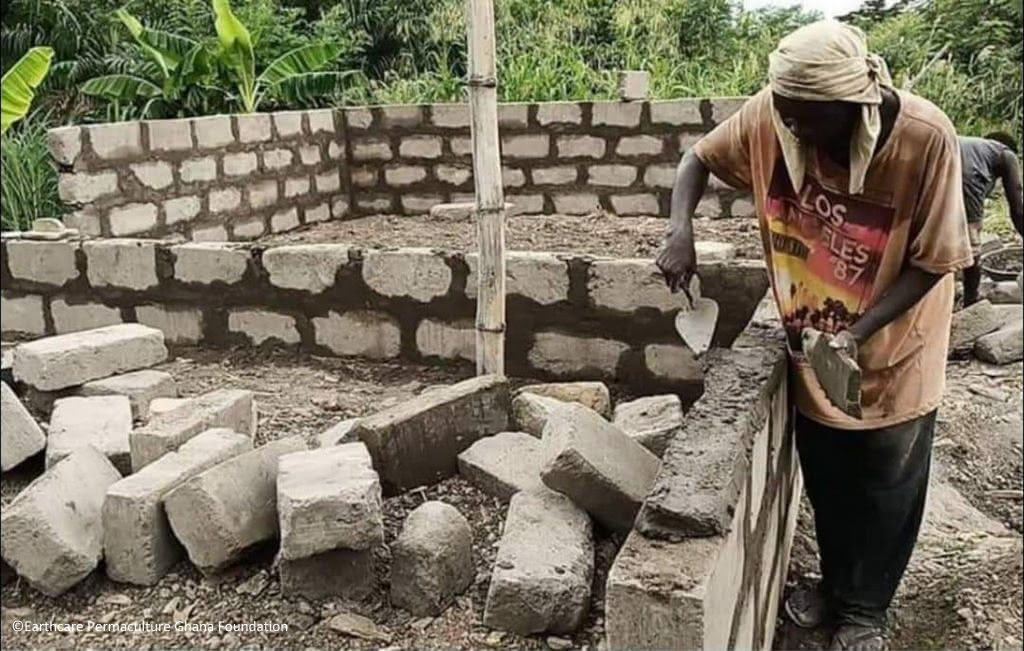
In Adzokoe-Peki, youth and families are struggling to afford food and come to the foundation to get help with gardening for exchange of crops and what little money we can provide. Our foundation has a food forest expanding across one acre of land. We grow spinach, basil, tomatoes, okra, eggplant, cocoyam, guava, papayas, sugar cane, plantains, coconuts, banana, cocoa, peppers, and ginger. We grow hedges for living fences and use neem for organic fertilizer.
We nourish excitement; we create learning moments and long-lasting memories of regenerative practices with everyone in our community. We travel to the western regions of Ghana to grow gardens, teach skills, and empower the future for as many people as we can to improve food sovereignty.
Many of our children, specifically girls, leave school to fetch water. The need for access to clean water is dire. We expanded our global support to help with crowdfunding for necessary supplies to build back our training center and provide better access to clean water. We utilize the technology we have as a tool to grow and develop worldwide relationships to strengthening the permaculture practices.
Lead photo: The community of Adzokoe-Peki clearing debris from the local drinking hole. Our source of water is limited, yet our community is strong. © EarthCare Permaculture Center
We cultivate and feed the relationship between people and the earth, helping them physically, mentally, and spiritually as they become empowered with a strong sense of accomplishment. When people work as a community to put the skills to practice, it becomes reinforced that they have worth and purpose which creates a harmonious space.
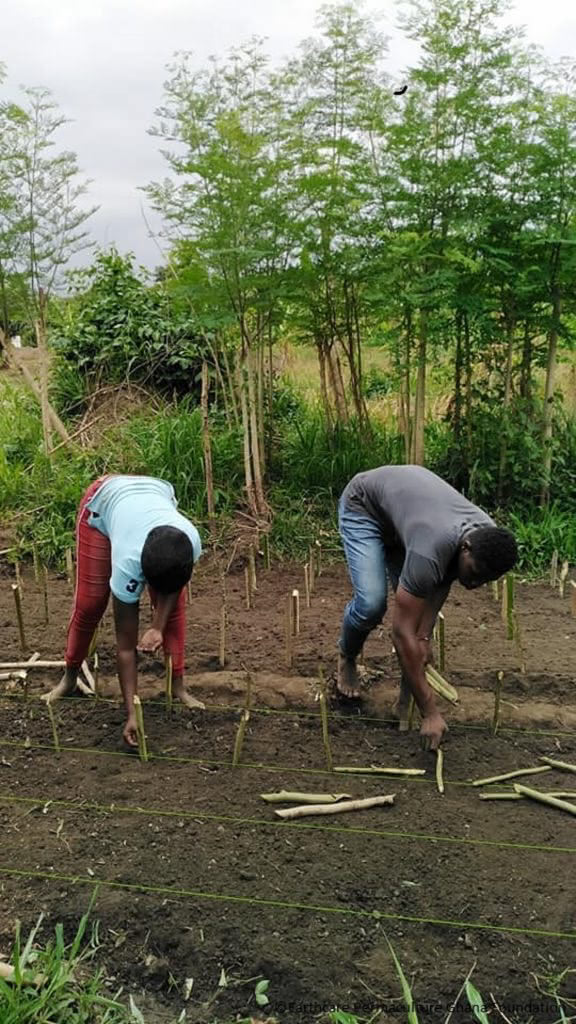
In our Empowering Youth Project, we set out to create lasting relationships by teaching valuable skills in how to pollinate cocoa, grow mushrooms, plant fruit trees, keep bees, compost, build bricks, and make liquid soap. The education of youth empowers them and increases their desire to improve their quality of life – a quality of life for all people from a range of economic and social situations.
The project supports the regeneration of natural resources by teaching youth how to utilize locally available materials while internalizing a deeper appreciation of sustainability of these resources. The project strives to teach students how to become self-sufficient, producing their own food and spreading their knowledge on the use of permaculture practices. The economic regeneration comes from the trainings to grow the skills and knowledge for generations to come.
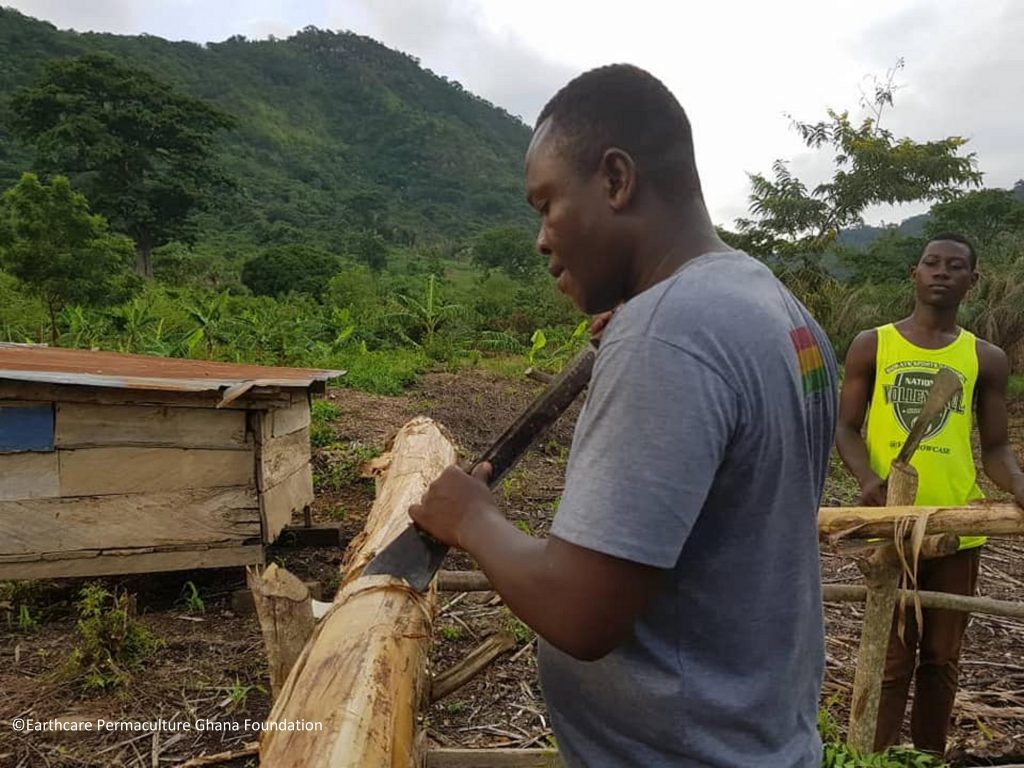
Our team is connected through social media on the WOOFF (World Wide Opportunities on Organic Farming) website, Facebook, as well as the EarthCare Permaculture site. One of the benefits of EarthCare Permaculture is networking with other permaculture groups who are active globally to share experiences and expertise. We continue to network to receive the appropriate funding to build our training center back and to expand our services to more people in the area. We continue to share trainings to grow permaculture knowledge with younger generations and to all people interested in EarthCare Permaculture. We continue to educate students in the process of using permaculture in furthering management of the resource. Education is an integral part of taking care of the people, taking care of the earth, and creating a healthier lifestyle for the children of the future.
EarthCare Permaculture Ghana was shortlisted for the 2022 Permaculture Magazine Award. Learn more about their work HERE.
